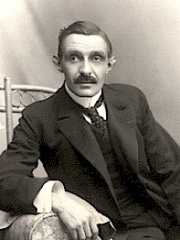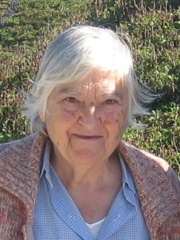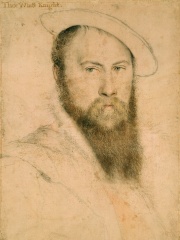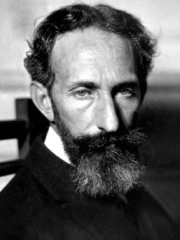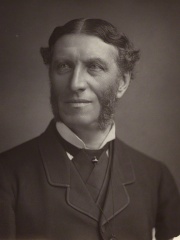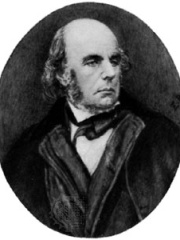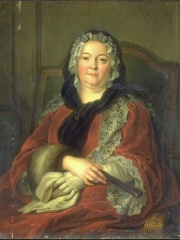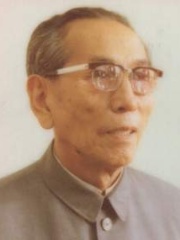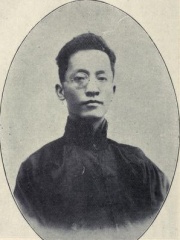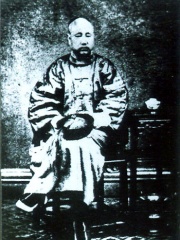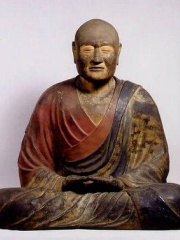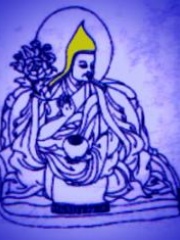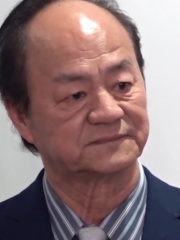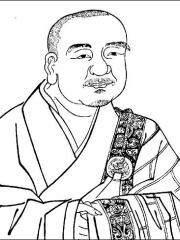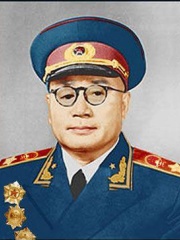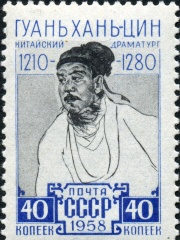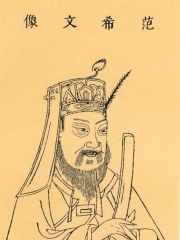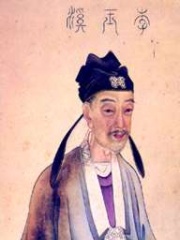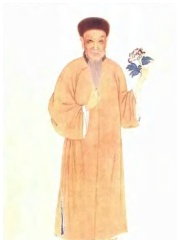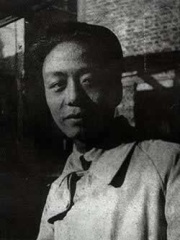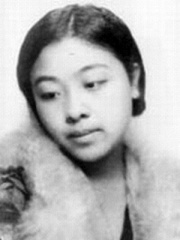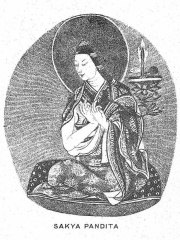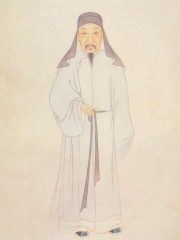Writer
Erin Hunter
EN.WIKIPEDIA PAGE VIEWS (PV)

 Erin Hunter
Erin Hunter
Their biography is available in 18 different languages on Wikipedia. Erin Hunter is the 2,267th most popular writer (up from 2,273rd in 2024), the 594th most popular biography from China (up from 611th in 2019) and the 58th most popular Chinese Writer.
Memorability Metrics
Page views of Erin Hunter by language
Among Writers
Among writers, Erin Hunter ranks 2,267 out of 7,302. Before them are Herman Bang, Ibn Taghribirdi, Etel Adnan, Thomas Wyatt, Horacio Quiroga, and Colin Wilson. After them are Janus Pannonius, Matthew Arnold, Edward FitzGerald, Claudine Guérin de Tencin, Bo Carpelan, and Paul the Silentiary.
Most Popular Writers in Wikipedia
Go to all RankingsHerman Bang
1857 - 1912
HPI: 62.44
Rank: 2,261
Ibn Taghribirdi
1410 - 1470
HPI: 62.43
Rank: 2,262
Etel Adnan
1925 - 2021
HPI: 62.43
Rank: 2,263
Thomas Wyatt
1503 - 1542
HPI: 62.43
Rank: 2,264
Horacio Quiroga
1878 - 1937
HPI: 62.43
Rank: 2,265
Colin Wilson
1931 - 2013
HPI: 62.43
Rank: 2,266
Erin Hunter
HPI: 62.42
Rank: 2,267
Janus Pannonius
1434 - 1472
HPI: 62.42
Rank: 2,268
Matthew Arnold
1822 - 1888
HPI: 62.41
Rank: 2,269
Edward FitzGerald
1809 - 1883
HPI: 62.41
Rank: 2,270
Claudine Guérin de Tencin
1682 - 1749
HPI: 62.40
Rank: 2,271
Bo Carpelan
1926 - 2011
HPI: 62.40
Rank: 2,272
Paul the Silentiary
520 - 580
HPI: 62.40
Rank: 2,273
In China
Among people born in China, Erin Hunter ranks 594 out of NaN. Before them are Ngapoi Ngawang Jigme (1910), Hu Hanmin (1879), Sengge Rinchen (1811), Jianzhen (688), 8th Dalai Lama (1758), and Man Chong (209). After them are Jin Midi (-134), Wang Hongwen (1935), Joan Chen (1961), Ti Lung (1946), Sengcan (529), and Liu Bocheng (1892).
Others born in China
Go to all RankingsNgapoi Ngawang Jigme
POLITICIAN
1910 - 2009
HPI: 62.51
Rank: 588
Hu Hanmin
POLITICIAN
1879 - 1936
HPI: 62.50
Rank: 589
Sengge Rinchen
POLITICIAN
1811 - 1865
HPI: 62.49
Rank: 590
Jianzhen
RELIGIOUS FIGURE
688 - 763
HPI: 62.47
Rank: 591
8th Dalai Lama
POLITICIAN
1758 - 1804
HPI: 62.44
Rank: 592
Man Chong
POLITICIAN
209 - Present
HPI: 62.43
Rank: 593
Erin Hunter
WRITER
HPI: 62.42
Rank: 594
Jin Midi
POLITICIAN
134 BC - 86 BC
HPI: 62.42
Rank: 595
Wang Hongwen
POLITICIAN
1935 - 1992
HPI: 62.40
Rank: 596
Joan Chen
ACTOR
1961 - Present
HPI: 62.38
Rank: 597
Ti Lung
ACTOR
1946 - Present
HPI: 62.37
Rank: 598
Sengcan
RELIGIOUS FIGURE
529 - 606
HPI: 62.37
Rank: 599
Liu Bocheng
POLITICIAN
1892 - 1986
HPI: 62.35
Rank: 600
Among Writers In China
Among writers born in China, Erin Hunter ranks 58. Before them are Guan Hanqing (1210), Fan Zhongyan (989), Lu Ji (261), Li Shangyin (813), Yuan Mei (1716), and Ai Qing (1910). After them are Ding Ling (1904), Li Yu (1610), Sakya Pandita (1182), Zhou Daguan (1266), Tian Han (1898), and Gu Yanwu (1613).
Guan Hanqing
1210 - 1280
HPI: 62.86
Rank: 52
Fan Zhongyan
989 - 1052
HPI: 62.85
Rank: 53
Lu Ji
261 - 303
HPI: 62.77
Rank: 54
Li Shangyin
813 - 858
HPI: 62.73
Rank: 55
Yuan Mei
1716 - 1798
HPI: 62.71
Rank: 56
Ai Qing
1910 - 1996
HPI: 62.67
Rank: 57
Erin Hunter
HPI: 62.42
Rank: 58
Ding Ling
1904 - 1986
HPI: 62.35
Rank: 59
Li Yu
1610 - 1680
HPI: 62.25
Rank: 60
Sakya Pandita
1182 - 1251
HPI: 62.24
Rank: 61
Zhou Daguan
1266 - 1346
HPI: 62.15
Rank: 62
Tian Han
1898 - 1968
HPI: 62.08
Rank: 63
Gu Yanwu
1613 - 1682
HPI: 62.02
Rank: 64
